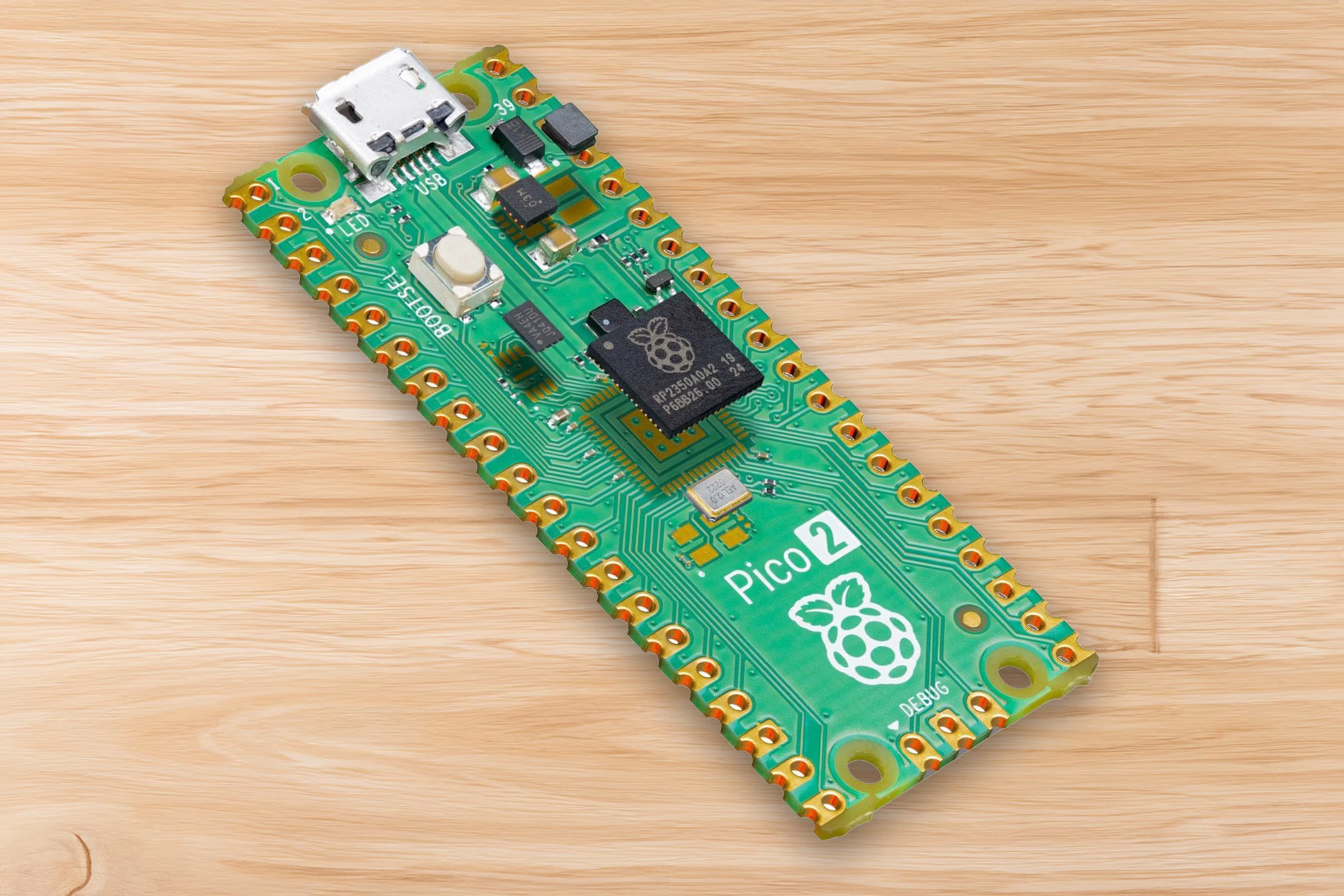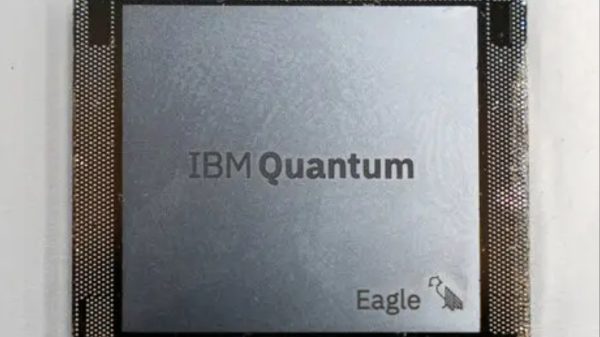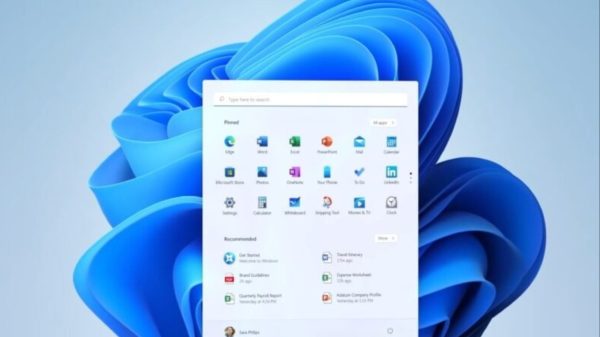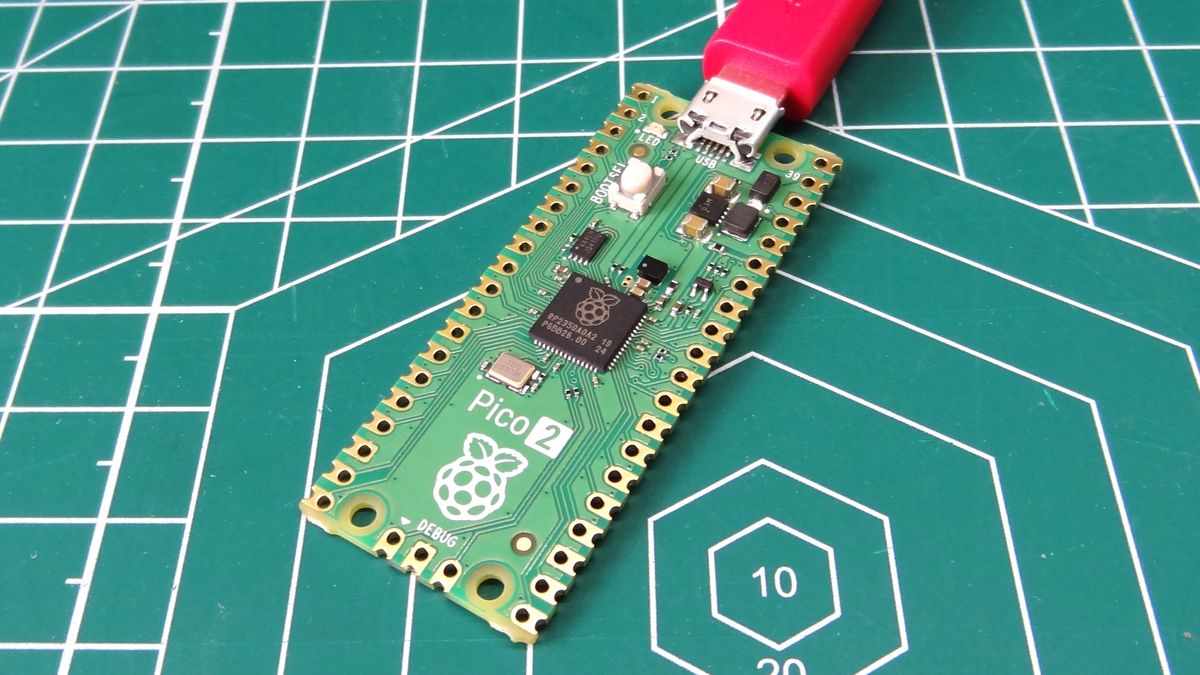The Raspberry Pi Foundation has announced the release of the Raspberry Pi Pico 2, a compact and versatile microcontroller chip measuring 21mm x 51mm. Built on the new in-house RP2350 chip, this release marks the second generation of Raspberry Pi Pico products.
The Pico 2 brings significant upgrades over its predecessor, including a faster clock rate, enhanced processing power, and increased memory capacity, all of which contribute to improved performance and versatility for hobbyists and developers.
Compared to the first-generation Raspberry Pi Pico, which debuted in 2021 with the RP2040 chip, the Pico 2 offers a clock rate increase from 133MHz to 150MHz and features more powerful Arm cores. Additionally, the flash memory has been doubled from 2MB to 4MB, allowing for more complex projects and applications.

Raspberry Pi Foundation Launches Raspberry Pi Pico 2 with Enhanced Performance and Features
The board also introduces new security features and upgraded interfaces, enhancing its capabilities while maintaining backward compatibility with older Pico components.
The Raspberry Pi Pico 2 is designed for DIY projects that require more power or complexity than a standard Raspberry Pi can handle. It supports programming in C, C++, and Python and is available in various housing options to suit different project needs. Despite its advanced features and enhanced performance, the Pico 2 remains affordable, with an astonishingly low price of just $5, making it accessible to a wide range of users.
The technical specifications of the Raspberry Pi Pico 2 include dual Arm Cortex-M33 processors, 520KB of on-chip SRAM, and compatibility with software and hardware from the previous Pico generation.
It offers various input/output options, including UART, SPI, I2C controllers, PWM channels, and ADC channels, along with robust security features such as boot signing and hardware SHA-256 acceleration. The board is designed to operate in a wide temperature range and supports multiple input voltages, making it suitable for various applications.
Pre-orders for the Raspberry Pi Pico 2 are now available through authorized US retailers like SparkFun, Adafruit, CanaKit, and PiShop, all selling the board at the price of $5. The initial reception of the Pico series has been strong, with nearly four million units sold so far, including the wireless Pico W version. This new release is expected to build on that success by offering even more powerful and versatile tools for the maker community.









































